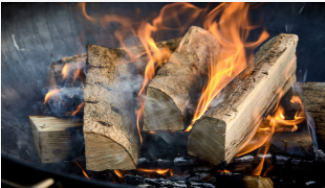Tips to Protect Your Home During Cold Weather
The time to prepare for extreme weather is before it comes.
Extreme cold weather can be hard on both you and your home. Here are some tips to put into practice when freezing weather, snow, and ice hit your area.
One of the First Areas of Your Home to Consider are your Plumbing Pipes
Disconnect and drain garden hoses.
Cover outside faucets with insulating foam covers.
Turn off water to outside faucets, if available, and open valves on faucets to allow them to drain.
Turn off the sprinkler system and blow compressed air through the lines to drain them.
Close garage doors.
Insulate exposed hot and cold pipes in non-climate controlled areas with foam pipe insulation.
Open cabinet doors under sinks.
Drip hot and cold faucets in kitchen and bath. Drip single control faucets with lever set in the middle.
Set icemaker to make ice if the water line to it runs under the house.
Locate water main cut-off valve, and have a cut-off key handy. If a pipe bursts, you want to be ready to shut the water off quickly.
If your pipes freeze…
Use a hairdryer, heat lamp, electric heat tape, or portable space heater to thaw frozen pipes that have not burst.
Keep the faucet open when thawing frozen pipes to allow water to begin flowing through it.
After the weather has warmed above freezing and any frozen pipes have thawed, turn off dripping faucets and monitor your water meter to check for unseen leaks.
How to Stay Warm in Your Home
Have your furnace inspected before cold weather arrives. Inspect the heat exchanger for cracks, install a clean air filter, and check the thermostat to see if it’s working properly.
Inspect fireplaces and chimneys before using, and have them cleaned if needed.
Keep drapes and blinds closed, except when windows are in direct sunlight.
Cover or remove any window air conditioners.
Insulate electrical outlets and switches on exterior walls with foam seals available at home centers.
Caulk any cracks or holes on the outside of your house.
Repair or replace weather stripping and thresholds around doors and windows.
Run paddle ceiling fans on low in reverse (clockwise when looking up) to circulate warm air.
Put draft snakes on window sills, between window frames, and against doors.·
Fuel
If you heat with propane or fuel oil, make sure the tank is full.
If you heat with wood or coal, have plenty of fuel on hand
How to Protect the Outside of Your Home
Clean your gutters and downspouts before cold weather arrives to prevent ice from forming in them.
Spray an ice repellent solution on steps and walks before freezing weather arrives.
Check antifreeze levels in cars. Add if needed, then run the engine to circulate the new antifreeze through the radiator and engine block.
Add freeze-resistant windshield wiper fluid, and spray to circulate it in lines.
Check the air pressure in tires, since cold weather causes the pressure to lower.
Bring in container plants, add mulch around plants, and cover plants prone to frost damage. Remove covering when temperatures warm above freezing.
Drain birdbaths and fountains
Use rock salt, sand, or clay-based kitty litter on walks and drives (keep in mind salt can damage grass and other plants).·
Prepare to avoid the roads and highways in icy conditions
Make sure your pantry is properly stocked with nonperishable food and water.
Refill prescription medications.
Fill the car with gas.
Charge cell phones.
Have flashlights, batteries, a weather radio, and a manual can opener on hand.
A portable generator can come in handy if the lights go out, but take precautions to avoid carbon monoxide poisoning when using. Generators must remain outside as the EXHAUST IS DEADLY,
Make sure you have working smoke and carbon monoxide alarms, and the batteries powering them are fresh.
Have a working fire extinguisher on hand for emergencies.
Stay safe, do not attempt home prep unless it is physically safe for you to do so. Call your regular home maintenance person or handyman for assistance.





